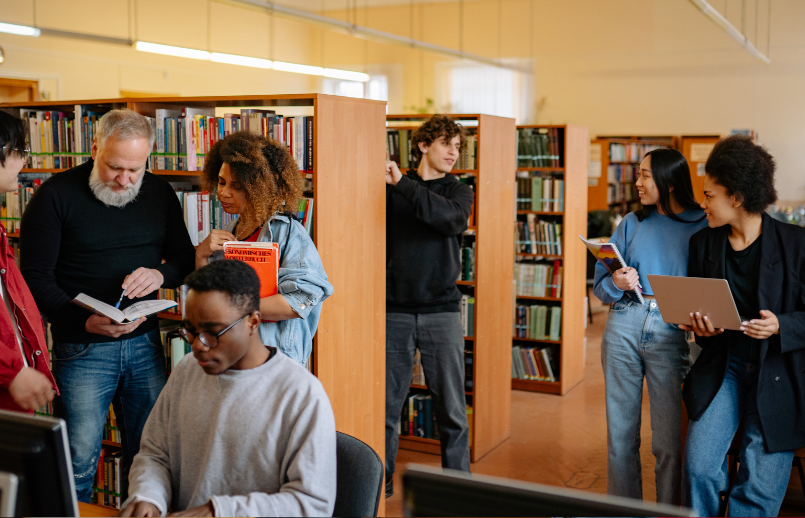Mind the (ethnicity degree awarding) gap: perspectives from a small and specialist provider

In the first post of the series, Rebecca Harland, Widening Participation Evaluation Officer at The University of Law, shares her reflections.
The University of Law is one of six higher education providers currently working on the TASO project to develop Theories of Change and evaluation plans for interventions addressing the ethnicity degree awarding gap.
Working with TASO
Applying to work on a TASO project can feel quite daunting, especially for small providers and teams. It is also a great opportunity to bring expert insight and support into areas of your work.
I hope this blog post encourages others to put themselves forward for similar projects in the future.
To apply or not to apply?
In early summer a TASO invitation to tender landed in my inbox. I had been keen to get to grips with the Enhanced Theory of Change since I first heard TASO were developing this resource.
At the University of Law, we had also just set two Access and Participation Plan (APP) targets directly addressing the ethnicity degree awarding gap. I knew this project would help develop our intervention strategy to address the risk that, as an institution, we are replicating the inequalities of the professions. The legal system has a historic lack of diversity, and there is still underrepresentation generally and in senior roles within the profession. Content within the legal curricula is based on precedent and thereby can replicate historical inequalities.
We wanted to evaluate the effectiveness of our activities in contributing to diversification of the curriculum, and to understand how this impacts attainment for students from marginalised ethnic backgrounds.
We are a small widening participation team, working across the full student lifecycle in a growing institution and were concerned about our capacity to take on this project. Do we have time to develop a proposal? If we are successful, will we be able to get people together to do this work within the timeframe? Although these were obvious challenges, it was not impossible. We decided to go for it. We truly value collaborative opportunities, and we knew we had work to do to enact our commitments within the new APP.
Getting started
This project centred around two core workshops, facilitated by members of the TASO-appointed project team from Staffordshire University and Advance HE. I was excited to bring people together on campus for the first workshop, as we mostly work remotely.
We invited a mix of colleagues to join the workshops to ensure we had representation from across the university. This included the Head of Access and Student Success and the National Programme Director for the LLB (undergraduate Law programme).
The first workshop included an introduction to Theories of Change (ToC), which provided a fantastic overview for colleagues who were new to this approach.
The second workshop focused on building on our core ToC to create an enhanced version. As an evaluator, I relished the opportunity to dig into the change mechanisms and really question how and why we believe our intervention should work. We are now developing our evaluation plan to set out how we intend to measure the success of our intervention.
“The project was a great opportunity to work across teams with a real focus on not only what we can do to reduce our awarding gap but also (crucially) why we think it will work.” (Head of LLB Programmes).
What have we learned so far?
The entire process has been a learning journey for us as a small widening participation team, and more widely within our institution. It has taught me that we should be ambitious in our work, despite our size; our academic colleagues entered the project with little to no knowledge of ToC and by the second workshop were able to present their own core ToC back to the project group.
Our key institutional-level learning is to take the time to consider stakeholder involvement in ToC development. Which voices do you need around the table and at what point? There are often logistical challenges in getting the right people in place at the right time, but it is the key to developing a document that can truly be brought to life.
I’d be keen to hear how others are involving students in ToC development. Please do contact me if you are happy to share.